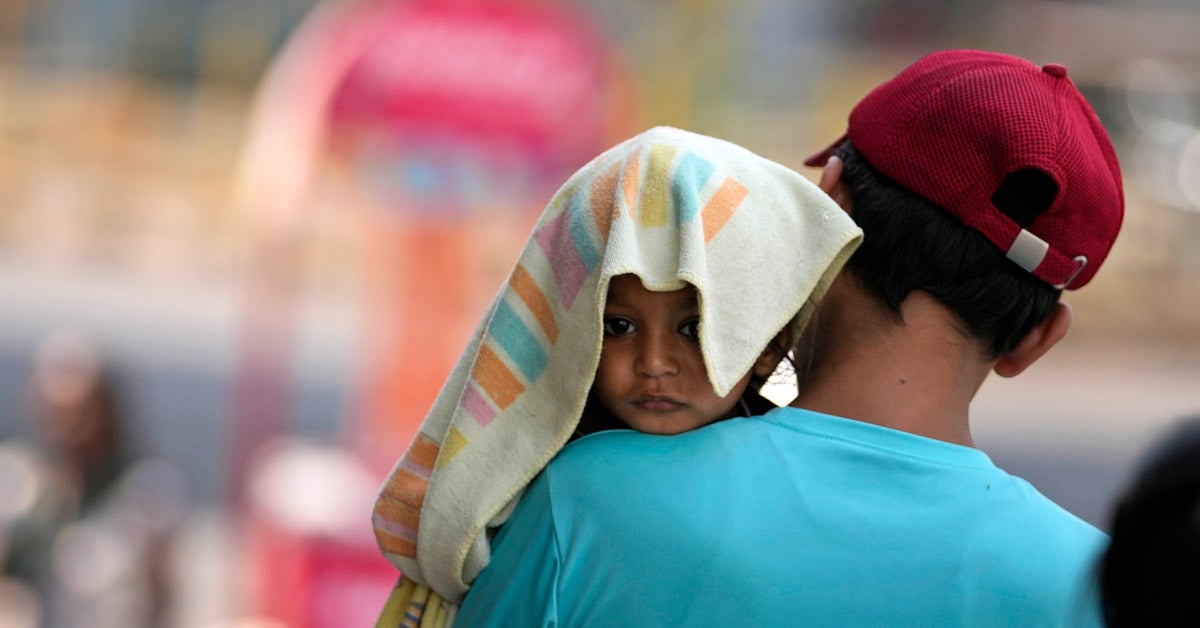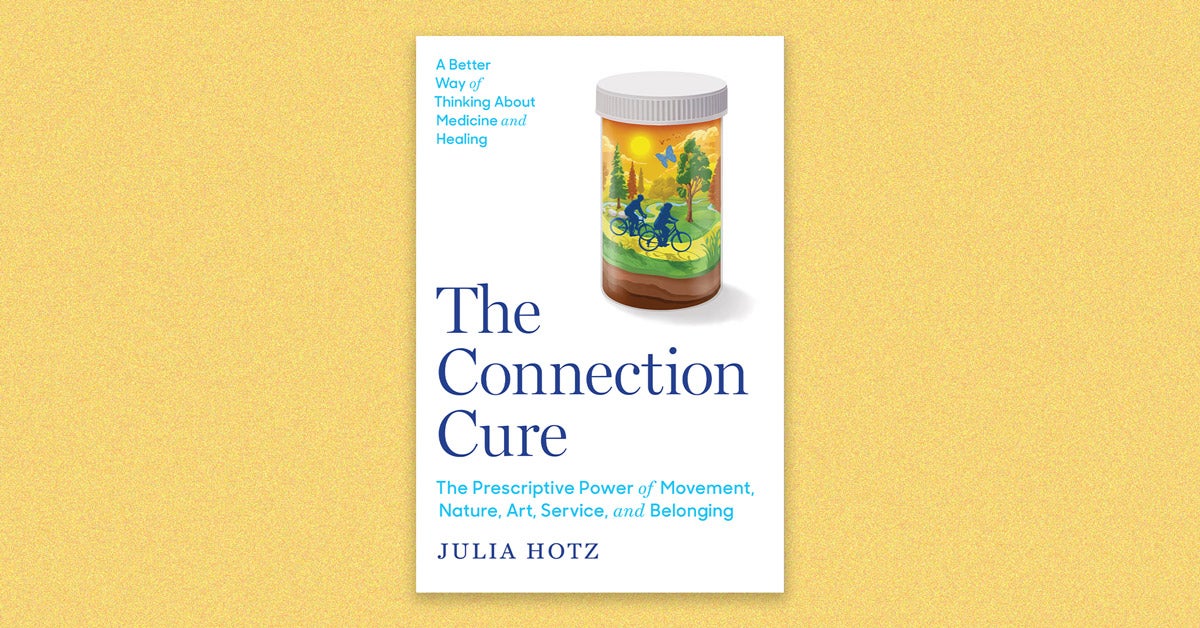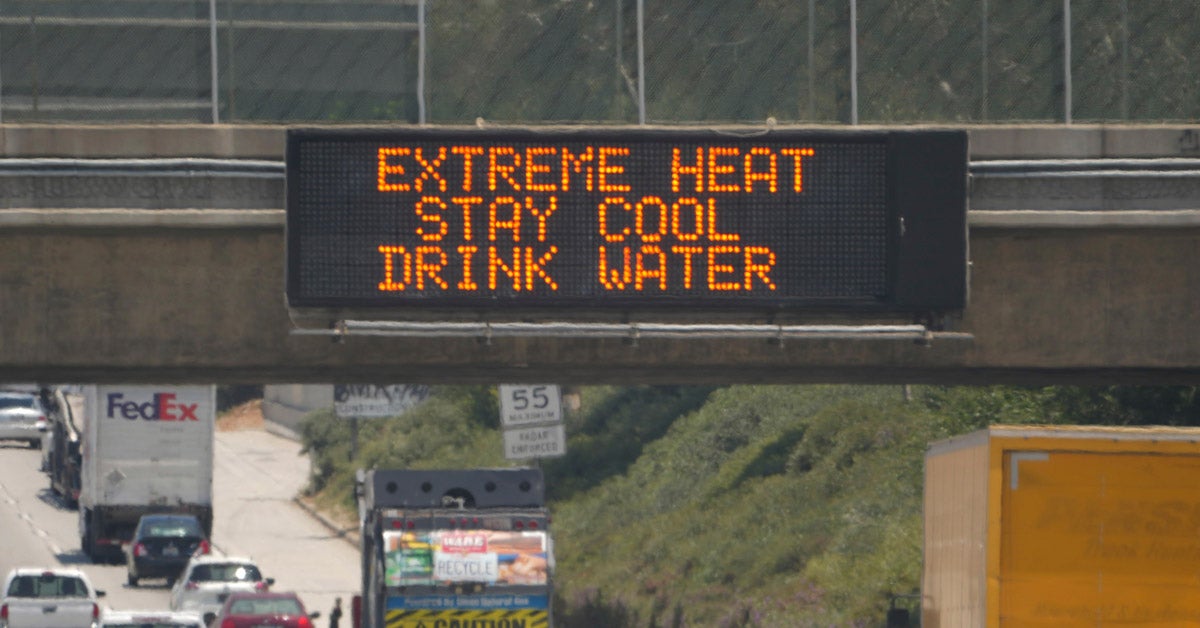Newsletter
HPH Weekly: India climate change perpetuates injustices against vulnerable
This edition of Harvard Public Health Weekly was sent to our subscribers on July 18, 2024. If you don’t already receive the newsletter, subscribe here. To see more past newsletters, visit our archives.
India climate change perpetuates injustices against vulnerable

Flaming air conditioners. Melting water purifiers. Eggs boiling in the sand. There are plenty of dramatic signs that climate change has left an indelible mark on India. And yet, as the country’s journalists report hundreds of deaths from heat, the government’s official mortality figures remain suspiciously low—and candidates for office avoided the issue entirely in May’s election. It’s time for this to end, argues Vidya Krishnan.
Is social prescribing just what the doctor ordered?

Around the world, doctors are (literally) prescribing social activities, such as art courses and museum tours, to their patients. In The Connection Cure, journalist Julia Hotz explores the benefits of this practice, which is a phenomenon internationally but has yet to catch on in the U.S. Ultimately, she wonders, do we really need physicians to tell us to make new friends?
Why “climate resilience” isn’t actually a solution

Climate resilience is the ability to adapt to climate disasters—and it’s basically all the U.S. Department of Health and Human Services has planned for climate change. That’s “an incoherent response by the federal entity responsible for protecting Americans’ health in the face of climate disaster,” writes health policy consultant David Introcaso for Undark.
What we’re reading this week
The toll of extreme heat on India’s laborers →
Think Global Health
How rising heat is amplifying India’s social divides →
Al Jazeera
Reflections of a rancher on the corporate takeover of our food system →
Barn Raiser
Memphis needs to end HIV criminalization to achieve justice and promote public health →
MLK50: Justice Through Journalism
These vibrant, bigger-than-life portraits turn gun death statistics into indelible stories →
KFF Health News
